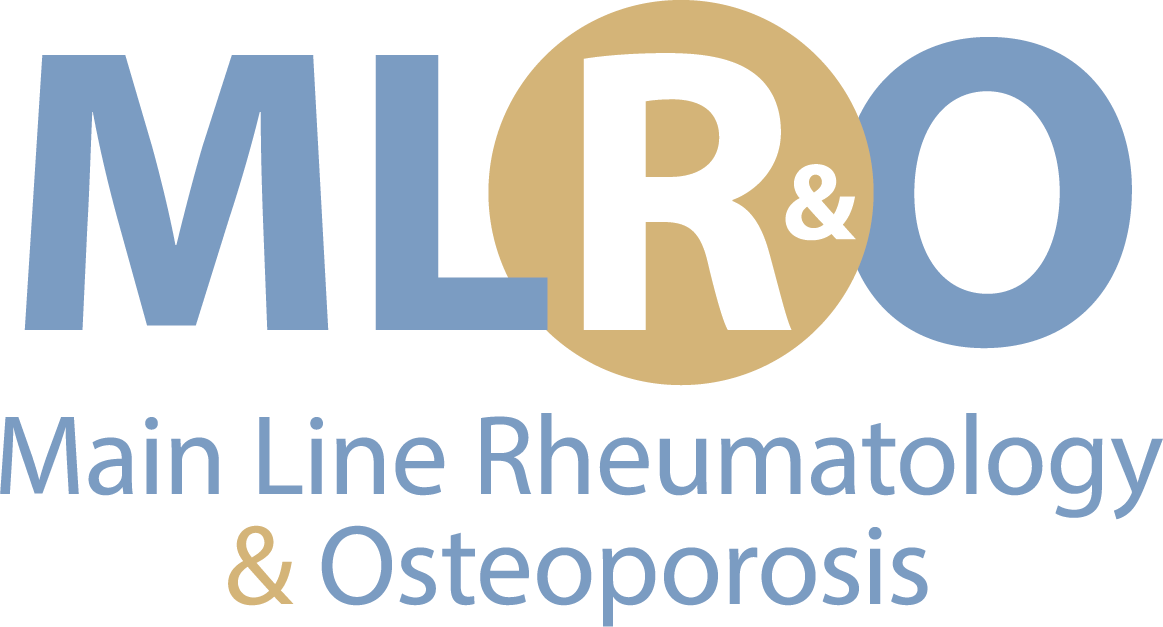Weight and Arthritis
It probably comes as no surprise that being overweight aggravates arthritis. Certainly, weight bearing joints such as the low back, hips and knees are aggravated by excess weight. However, all joints including upper body joints, are also impacted by fat. Fat stimulates Omega 6 which is contained in beef and fatty foods. Omega 6 is an inflammatory mediator, and since inflammation is at the core of arthritis and cardiovascular diseases, this presents a problem. For those reasons among others, rheumatologists advocate diets high in Omega 3s, such as fruit, vegetables, fish and tree nuts like walnuts and almonds. This diet is the mainstay of the Mediterranean Diet which has been critically tested and acclaimed, reported first in the New England Journal of Medicine.
For years, low fat diets have been popular. In addition to the Mediterranean type diets, we try to get patients to avoid sugar as much as possible. Refined sugar stimulates insulin which alters metabolism by storing fat, and making us hungry. Low fat diets usually translate into high carb diets, and in patients who are insulin resistant, weight gain is even more of a problem. Simple diet changes like avoiding sugary beverages (i.e. Coke and Pepsi) can be accomplished with good results.
The value of exercise seems fairly obvious, but there are complications in our understanding. Average exercise burns about 400 calories an hour- that is about the same amount of calories as a single hamburger patty. Unless you are exercising several hours a day, it becomes clear that you still need to control caloric intake, and avoid eating a lot of processed foods. Unfortunately, food manufacturers employ food chemists who are constantly searching for foods with the right amount of sugar, fat and salt to stimulate the sugar receptors in your brain, and you become addicted. This combination works on the positive smell and “mouth feel”. It takes a lot of discipline to avoid foods perceived as “delicious” and highly caloric.
Exercise is very important for weight loss, and both weight lifting activities, as well as aerobic exercise, is vital. You need to perspire to help burn calories, and reduce some of that “belly” or midriff fat.
One of the latest advances in our understanding of what makes some people fat relates to our gut bacteria. Our bodies mostly live in harmony with billions of bacteria in our gut that help digest food. There are at least 2 populations of bacteria. One set of bacteria can cause fattening, and the other is associated with leanness. So does that mean we should have skinny bacteria transplanted into our guts? Maybe, but there is one significant catch. The skinny bacteria work only with a balanced diet. According to Jeffrey Gordon, director of the Center for Genome Sciences and Systems Biology at Washington University in St. Louis, the microbes associated with leanness only succeed with a diet high in fruit and vegetables, and low in saturated fats. Proper nutrition and a healthy diet are optimum for good health and a healthy weight.

